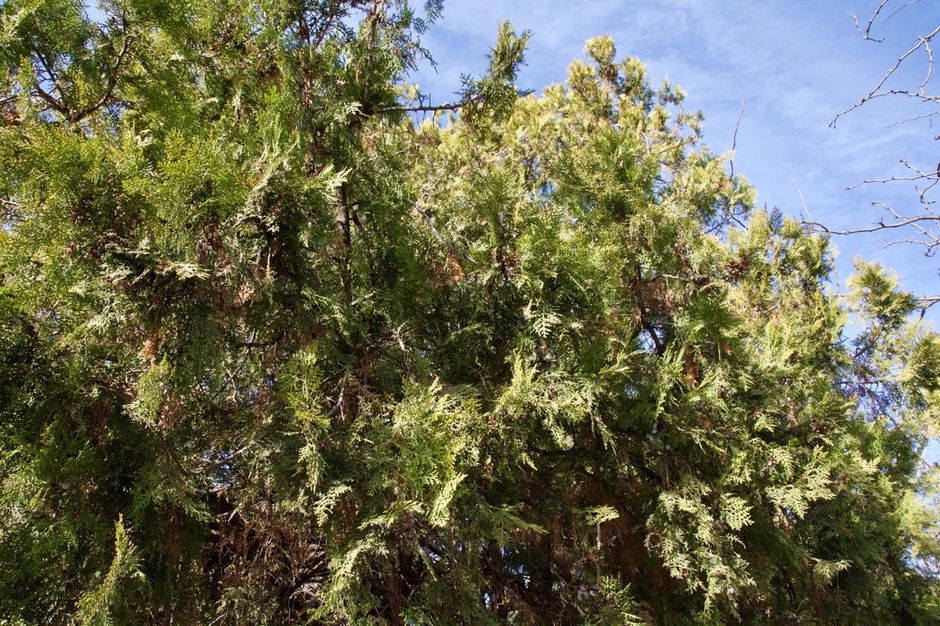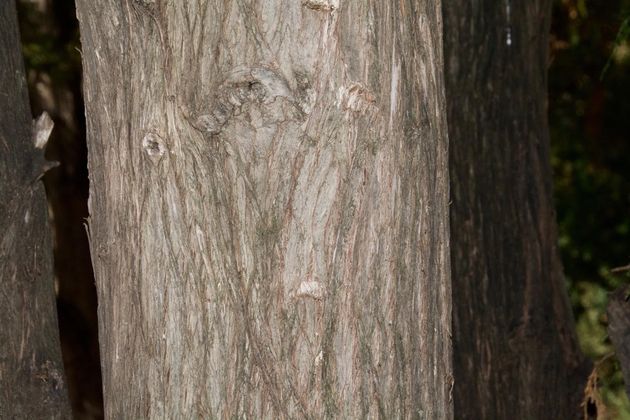Wood was scarce in Biblical lands, due to the poverty of the forests, it had to be imported from other regions, like Lebanon. Wood was reserved for feeding the fires of their sacrifices.
 Photo: Antonio Cruz.
Photo: Antonio Cruz.
‘The merchants of the earth will weep and mourn over her because no one buys their cargoes any more – cargoes of gold, silver, precious stones and pearls; fine linen, purple, silk and scarlet cloth; every sort of citron wood, and articles of every kind made of ivory, costly wood, bronze, iron and marble (Rev. 18:11-12)
The term “wood” is rendered in Old Testament Hebrew as ets, which literally means “tree”. This term was translated into New Testament Greek as xylon, or “wood”, for whatever purpose (1 Corinthians 3:12; Revelation 18:12). Wood was scarce in Biblical lands, due to the poverty of the forests, it had to be imported from other regions, like Lebanon or even Africa, so instead of burning wood to keep warm in their homes, the people of Israel used straw, dry grass, or, on some occasions, the dung of herbivorous animals (cf Ezekiel 4:12-15). Wood was reserved for feeding the fires of their sacrifices.
The “citron wood”, or fragrant wood, referred to in Revelation 18:12 seems to have been some variation on the cypress species (known as “thuja wood” in ancient times, but belonging to the species now known to be Tetraclinis articulata), which is native to southern Spain, north Africa and the islands of Malta (where it is regarded as the national tree) and Cyprus.

[photo_footer]Photo: Antonio Cruz. [/photo_footer] A conifer of the cypress family (Cupressaceae) which originated in the Northern Hemisphere, this tree is now commonly known as the Cartagena cypress tree, the arar, and the araar. It is relatively small in size, usually not exceeding ten metres high. Its top is more or less cone-shaped, its trunk straight and its bark greyish with vertical fissures, while its branches extend outwards in the manner of a candelabra. From its resin we obtain varnish, paint and lacquers, as well as medicines to cure haemorrhoids, and vaginal discharges. The Egyptians also used them to embalm their mummies. The wood gives off a pleasant smell and in ancient times was used for decorative purposes, to make tables or luxury items which sold for huge amounts of money.
In the third century of the Christian era Origen wrote the following:
“Varied and precious are the materials and garments that adorn the Church: faith is pure gold; the word of preaching is sterling silver; patience is resistant bronze; purity is noble, incorruptible wood (…); all these are the precious materials out of which we build our tabernacle (…) These are the garments that must adorn the Church, and in which believers must dress themselves!” [1]
[1] Spurgeon, C. H. The Treasury of David

Las opiniones vertidas por nuestros colaboradores se realizan a nivel personal, pudiendo coincidir o no con la postura de la dirección de Protestante Digital.
Si quieres comentar o